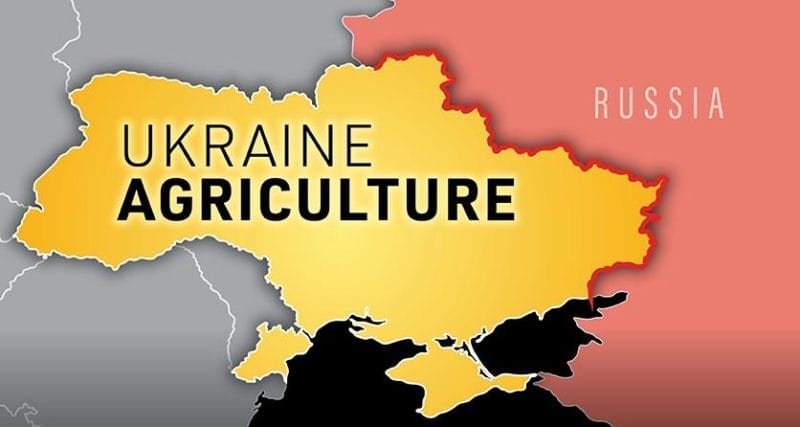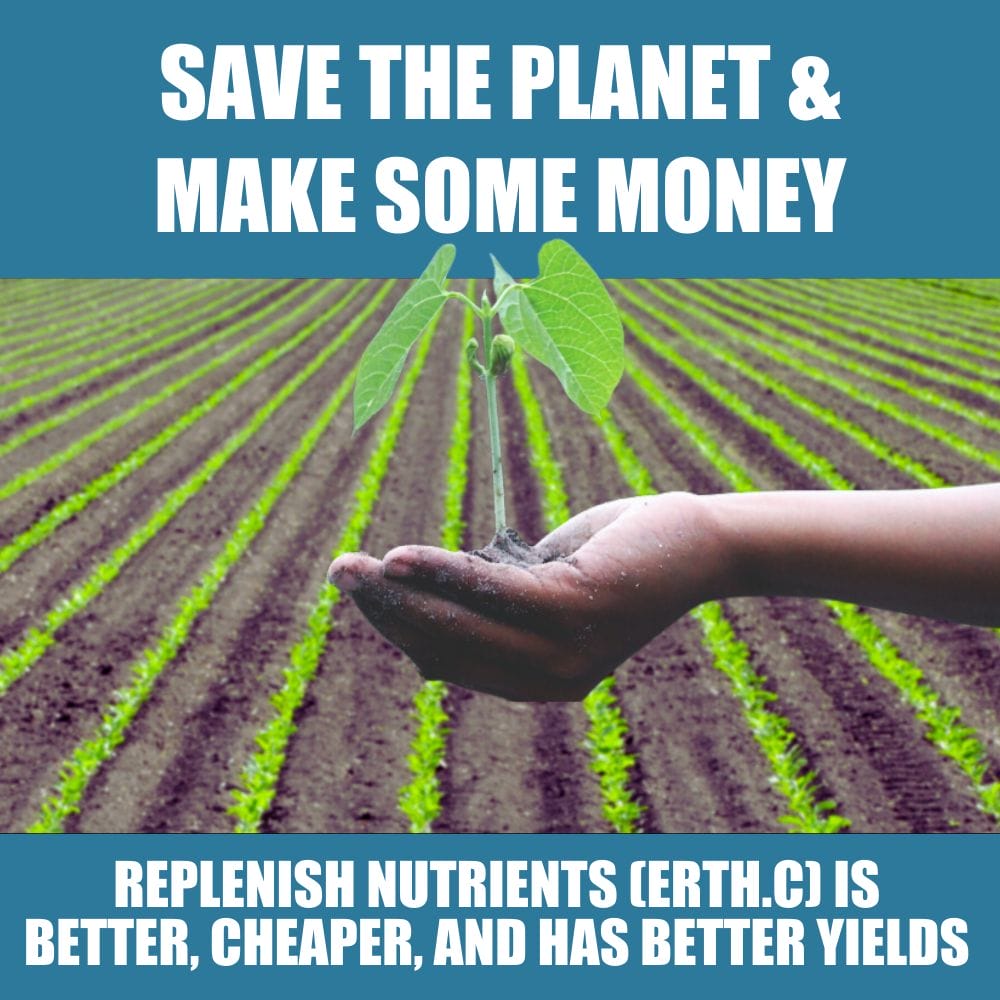I remember back in my high school history days. When I studied the cold war, I learned that the Soviet Union had some of the most fertile land in the world. I also learned the shortfalls of a communist economy. Even though the Soviet’s possessed some of the best farmland in the world, they failed to provide enough food to feed their people and had to import food.
Ukraine is still known as the breadbasket of Europe. The rich dark soil and the vast fields of wheat and other food products have earned Ukraine this nickname. Many of those who discuss the geopolitical ramifications of what happens between Russia and Ukraine, always center on energy. Russian gas pipelines go through Ukraine, sending gas to Europe, and also giving the Ukrainians some of the cheapest gas in the world. The Russian counter has been Nord Stream. Building pipelines going around Ukraine. Gazprom also focuses on pipelines going through Southern Europe. The Russians moving into Syria was all about this, but that topic is beyond the scope of an agriculture roundup.
Suffice to say that not many people are talking about the agricultural impact. Both energy and food inflation could rise based on what transpires in Eastern Europe. Thankfully, agweb.com have put out a nice article on what Russia-Ukraine tensions could mean for agriculture. A lot of great graphics and info that I will share with you all.
Ukraine has more than 41.5 million hectares (or 102.5 million acres) of agricultural land that cover 70% of the country.

According to the International Trade Administration, in 2020 Ukraine’s agricultural sector generated 9.3% of GDP. Crop farming accounted for 73% of Ukraine’s agricultural output, with the main crops being sunflower, corn, soybeans, wheat and barley. Here are some global stats for comparison:

- 1st in global sunflower production (For 2021/22 Ukraine sunflower seed production is estimated at a record 17.5 MMT)
- 6th in global corn production. (For 2021/22 Ukraine corn production is estimated at a record 42 MMT)
- 6th in global barley production
- 7th in global rapeseed production
- 9th in global soybean production
- 9th in global wheat production


Agweb also put up this map showing where the crops are produced in Ukraine. Focus is of course in the Eastern Donbass side which is heavily populated with Russians. This is the area where we have seen Russian mercenaries fighting Ukrainians. As you can see cereals and sunflower will be impacted the most.
It should also be noted that any escalation in this area would also impact fertilizers, which are already facing a shortage. It would just exacerbate the problem and increase food inflation.


Both Corn and Soybeans have been rising, indicating that geopolitical tensions have not only affected stock markets and the US Dollar. Our breakouts remain intact, and higher lows and higher highs keep on coming. Corn is approaching a resistance zone, but Soybeans still have some room to go. Any sort of event in Eastern Europe would not only cause volatility in Oil, Gas, Stocks, Metals and the Dollar, but also in agriculture. The impact on food inflation will be felt even for us here in Canada and the US. I mean we already are, but it could get monumentally worse.
I have been writing about stock markets falling due to geopolitical concerns. One biggie for me was the fall in EURCHF which began months ago. European wealth running into Swiss Bank Accounts. A few months later, and you can see why they may have been doing so. Keep an eye on what happens between Russia and Ukraine.
Verde AgriTech (NPK.TO)
One company set to capitalize on a Russia-Ukraine escalation, and the broader fertilizer issue as a whole, is Verde AgriTech. Verde is an agricultural technology company that develops and produces fertilizers in Brazil. The company produces and sells K Forte, a multi nutrient potassium fertilizer; and Super Greensand, a fertilizer and a soil conditioner.
The company has increased revenues by 116% and revised upwards its 2021 revenue target. The stock itself has been one of my roundups biggest winners. I called the technical breakout back at $1.50. A nice 196% move from that call to the highs printed this year.

In previous roundups, I mentioned a resistance here at $4.40-$4.50 which may see profits being taken. Any drop provides a good entry opportunity for the long term in my opinion. Right sector and the macro picture aligns. We still remain bullish above the higher low printed at $2.80.
This week, Verde AgriTech announced its Paid for Growth (P4G) strategy. A program designed and aimed at distributing gains to shareholders as a result of the company’s accelerated market expansion. This is due to funding now secured as Verde’s future sales contracts can be accepted as debt collateral. The funds raised through this new loan modality will be used for accelerated expansion.
“In Brazil, no other bank has financed more harvests than Banco do Brasil. In 2020 alone, it financed Brazil’s agriculture to the tune of R$ 191 billion. It is therefore fitting that the bank step up to provide this important credit facility to Verde, thereby helping fuel the accelerating production of our potash rich multinutrient fertilizer that will be vital for countless more harvests in our country,” affirmed Dr. Alysson Paolinelli, former Brazilian minister of agriculture, recipient of the World Food Prize and member of Verde’s Board of Directors.
Banco do Brazil has granted Verde a line of credit through Agribusiness Certificate of Credit Rights (CDCA). A CDCA is a financial instrument used by established Brazilian agricultural businesses, it is a freely traded credit bond that represents expected cash payments originating from farmers and third parties. Its issuance and use are limited to the agricultural sector, be it farming production and processing, or industrialized farming inputs and machinery.
Verde’s loan is for a term of 36 months with an interest rate of CDI + 2.92% per annum, with a 6 months grace period. The guarantee of the operations are future sales contract with Verde. The first loan was for R$10 million.
Bee Vectoring (BEE.CN)
Bee Vectoring announced an entry into Peru, the #1 exporter of fresh blueberries in the world. Peru is the beachhead for Bee Vectoring’s entry into the South American market, and will pursue other crops including avocados.
“We are currently selling commercially in the US and working through the regulatory processes of Switzerland, Europe, and Mexico. We are seeing a compelling fit in blueberries, so expansion into Peru is a logical next step,” said Ashish Malik, CEO of BVT. “Not only does Peru use bees for pollination of blueberries, but there is a great opportunity in avocados, which will be a new crop for us, for which Peru is the third largest producer.”
“In line with BVT’s global expansion strategy, we will be working with local partners in Peru to accelerate the process of launching and expanding in this market,” said Mr. Malik.
BVT has begun the development work needed to enter Peru, including trial and regulatory requirements. The first step in entering the Peruvian market is to secure an Import and Experimental Use Permit, which would enable field trials of BVT’s proprietary Clonostachys rosea CR-7 microbial strain (CR-7), delivered through the Company’s bee delivery system.

Bee Vectoring is hovering near the major support zone I have spoken about many times. This will be the sixth test here overall. All the previous times, the stock has bounced from this support retest. Will a sixth time be the charm? Let’s watch for a large wick or a large green candle near $0.235 to confirm buyers are stepping in here. A great entry opportunity is potentially upcoming.
CO2 Gro (GROW.V)
CO2 Gro announced a US $127,750 CO2 delivery solutions commercial technology purchase by a US Greenhouse Grower. Proceeds from the sale include a down-payment on order followed by four equal installments every 16 weeks once the project is commissioned by end of Q1, 2022.
“This is the largest sale of our CO2 Delivery Solutions™ technology to date. The sale is being made without an initial Technology Trial (formerly referred to as a “commercial feasibility”). This reinforces our focus of accelerating CO2 Delivery Solutions™ sales without initial Technology Trials, resulting in a shorter sales cycle and a reduced cost of sales.” said Aaron Archibald, Vice President of Sales and Strategic Partners.
CO2 GRO’s proprietary CO2 Delivery Solutions™ technology is revolutionizing the global 600 billion square foot protected agriculture industry. The company has created a dissolved CO2 solution that when misted onto plants, provides growers that cannot gas with CO2 the opportunity to increase plant yields by up to 30% and gross profits by up to 100%.

The stock found support at $0.175. I can also see a trendline broken which I haven’t drawn coinciding with the support pop. We are approaching a resistance zone here, and I would be looking for a close above it. Things are looking bullish on the technical side.
EarthRenew (ERTH.CN)
EarthRenew announced 2021 revenues. The company along with its subsidiary, Replenish Nutrients, reported revenue for January to December 2021 of $14 million, up 106% or $7.2 million from the same period in 2020. Since EarthRenew closed the acquisition of Replenish Nutrients on May 1st 2021, the subsidiary reported $11.1 million in revenue. EarthRenew is also reporting 2021 revenue from power generation of $1.1 million surpassing 2020 power revenue of $0.4 million.
On a consolidated basis, the total combined revenue of EarthRenew and Replenish for the period of January to December 2021 was $15.1 million. Consolidated results since closing of the acquisition of Replenish on May 1, 2021 is $12.2 million in revenue. On this basis, EarthRenew is anticipating positive earnings from operations results for Q4, 2021.
CEO Keith Driver commented, “We are pleased to see the year-over-year growth in revenue from the sale of regenerative fertilizer on track, as predicted. At the same time, we are close to commissioning Replenish’s expanded Beiseker facility, growing our granulated production capacity to 20,000 tonnes from 4,000 tonnes.”
EarthRenew is forecasting growth in revenues from fertilizer to be in excess of $24 million for 2022 (71% growth). This growth in sales will largely be a result of the additional production capacity for granulated fertilizers coming online at the production facility in Beiseker, Alberta, as well as some efficiencies in the blended fertilizer business.

EarthRenew remains my favorite technical set up in the agriculture space right now. It meets all my market structure criteria. All that is required is the breakout above $0.20 to confirm a new uptrend. If we do not get this breakout, the stock could keep on ranging for longer. Just waiting patiently for the breakout.
Earnings release did see significant volume traded. 1,170,751 shares traded. Scrolling through historical data, this is the most volume seen on the stock in a single day.
Agrify (AGFY)
Last week I spoke about a potential bottoming for Agrify as we approached major support. Unfortunately, we did not bounce. Instead we broke below and printed new all time record lows.

This week, Agrify announced a $27.3 million private placement with an institutional investor and other accredited investors. Agrify will sell 4,020,994 shares of common stock or, in lieu of Common Stock, pre-funded warrants, and accompanying warrants exercisable six months from closing to purchase up to 3,015,745 shares of Common Stock for a period of five years at an exercise price of $7.48 per share. The Common Stock and Warrants will be sold at a combined purchase price of $6.80.
Members of management and the Board, including Raymond Chang, the Chairman and Chief Executive Officer of the Company, participated in the Offering on the same terms as the other investors except for a combined purchase price of $6.90. The Company expects to receive gross proceeds from the Offering of approximately $27.3 million before deducting placement agent fees and estimated Offering expenses.
The dilution sucks, but the company has the cash to trigger some sort of catalyst. Technically, we need to climb back above $7.25 to build some momentum to the upside.







